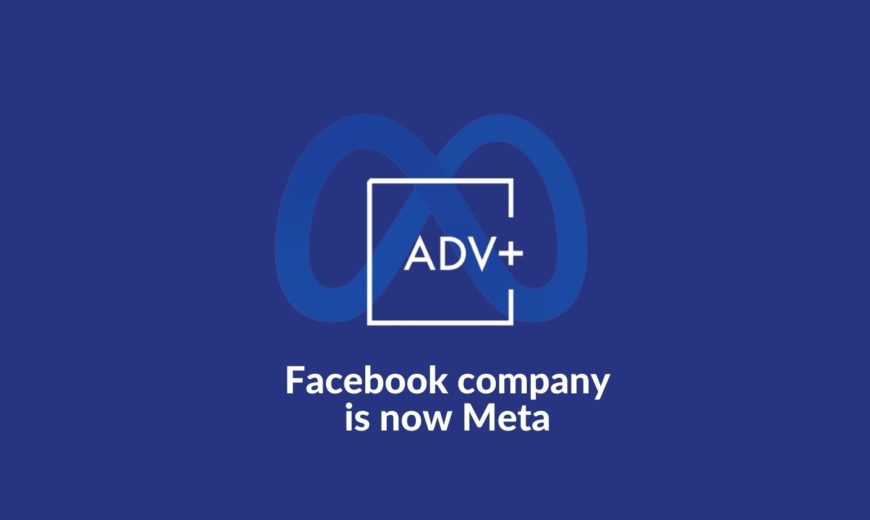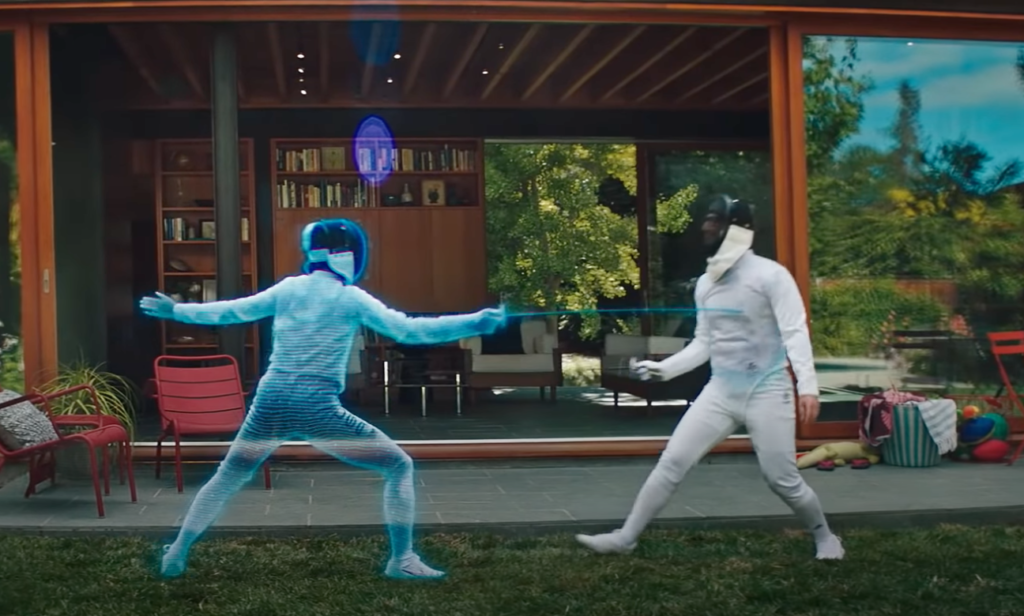
In the future we will remember the last edition of Connect as the one in which Facebook changed its name.
From that day on (28 October 2021) the company created in college by two university students, the symbol of social media par excellence, would be called Meta, due to an idea (or a vision?) that wanted to anticipate the future.
To be clear: Facebook will continue to exist, of course, but as a product of the Meta holding together with Instagram, Whatsapp and finally, Oculus.
Where does the need for this rebranding come from?
Some speculate that this could be an answer to the old and new scandals involving the company, the last of which is the so-called “Facebook papers” published by various American newspapers.
While Facebook CEO (oops, Meta) Mark Zuckerberg proudly presents the idea as a first step towards realizing a technological dream called the metaverse.
What is the Metaverse?
Khaby Lame has tried it with his typical style but certainly explaining what the metaverse is not such an easy task.
Zuckerberg did it in more than an hour of a very scenic presentation (which you can recover in full here) which saw the different professionals involved in what seems to be a real and new mission for the entire company.
The idea is to invest every resource in a completely digitized, immersive, versatile reality for every need.
Metaverse will become a parallel dimension that we could freely access to interact with others without the mediation of an electronic screen.
The technology we will use is the typical one of augmented reality (AR) and virtual reality (VR). We will use apps that implement new features for the devices we have available or through virtual reality viewers.
These are very widespread technologies especially in the gaming sector from which Zuckerberg does not hide that he drew inspiration.
In fact, the purchase in 2014 by the then Facebook Inc. of Oculus (a manufacturer of virtual reality devices and software including the very famous Quest line) will not have been accidental.
However, the concept of metaverse cannot be reduced to an online and interactive game scale. It consists of a series of other elements that we move on to illustrate.
“Being present” through avatars
Zuckerberg has reiterated this several times.
Facebook changes its name but Meta’s mission remains unchanged: create technological systems and applications to connecting people.
Over the years, social media has played a key role in reducing the distance, and that’s became even more evident during the pandemic.
Yet Meta’s CEO promises to go further by ensuring an online experience that feels like being present.
In the metaverse we could attend a concert or a party with a distant friend, visit relatives, organize meetings in a completely immersive way.
The tools to accomplish this ambitious goal are avatars: digital alter egos that everyone can customizing with facial and body features. The team of developers led by Michael Abrash aims for a hyper-realistic representation of avatars capable of reproducing human expressions in minute detail.
Refining the avatars is just one of the technological achievements that will characterize the metaverse and that will engaged the research team for the next 5-10 years. There will also be much to be done in terms of security to avoid the danger of avatars being stolen and used for illegal purposes.

Meta like Second Life: the question of spaces
Another element for the realization of the metaverse will be around spaces construction.
Users, as creators, will have the opportunity to build spaces for their own personal, professional, educational and recreational dimensions.
The development of the Horizons Home starts from this objective as the next replacement for the interface currently accessed by wearing a Quest 2 device.
In the future it will be possible to create real worlds (Horizons Worlds) and co-working spaces (Horizons Workrooms) with the integration of all the typical features of the Meta interactive universe: from Facebook to Instagram involving even third-party apps such as Slack and Dropbox.
A scenario very similar to that already experienced with Second Life, the digital universe launched in 2003 by Linden Lab. That experiment certainly has the merit of having proposed a winning idea (in 2013 it reached its peak with over a million active users ) which will now be brought to fruition with an almost revolutionary significance.

The metaverse as an ecosystem
So what is really going to make the difference between the metaverse and other virtual reality experiments of the past?
Zuckerberg would answer without a doubt: interoperability that will make the metaverse a real ecosystem.
Today we are used to a digital reality in which the different platforms own their related services. We have accounts and identities registered for each feature, with no common elements other than the Internet connection.
In the metaverse, user will own their digital identity as the only access key for each service operating in the new dimension.
In short, as already suggested by the analyst and expert in digital transformations Matthew Ball, the most consistent analogy of the metaverse is not between this and other experiences such as Fortnite or Second Life but with the Internet itself.
The Metaverse is not an online game, an app, a service, perhaps not even a virtual reality. It will be a set of protocols and technologies that will contain every possible digital functionality.
In this perspective, the role of Facebook and the intention of the recent corporate rebranding project are also clarified.
Meta will not be the owner of the metaverse but aims to be a winning protagonist of it.
Open issues and future challenges
This idea of Metaverse will be a wide-ranging project in which the companies will play a decisive role in building an accountability and responsability system.
In the last Connect edition, the Facebook’s Reality Labs presented a charter of guiding principles for ethical and sustainable technological development.
The company is thus committed to facilitating access to the protocols for the collection and use of personal data; to parental control systems for younger users; to the adaptation of protection and safety systems and to putting the people and communities first in the most inclusive perspective possible.
In conclusion…
The rebranding of Facebook Inc. certainly is a real change in the history of the company that seems to be betting everything on the future of metaverse.
Once the euphoria of the moment has passed, we will continue to hear about this new frontier while waiting for other tech players starting to invest in this direction.
We will not fail to monitor updates so keep following our blog!



